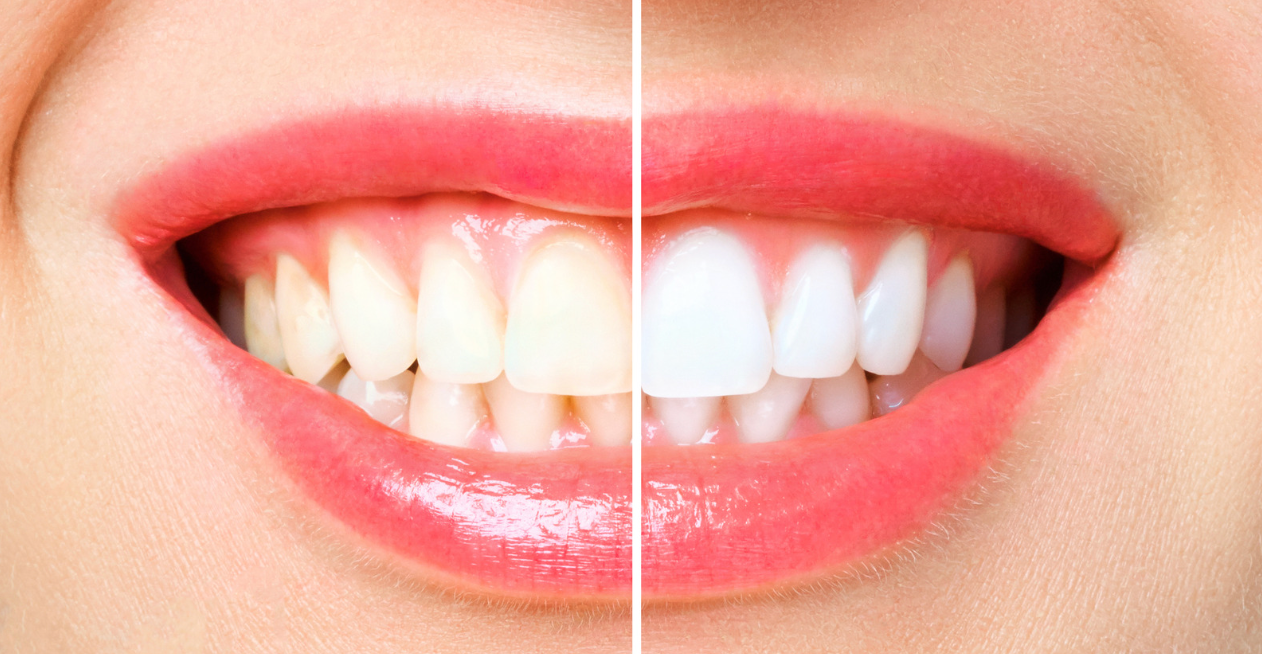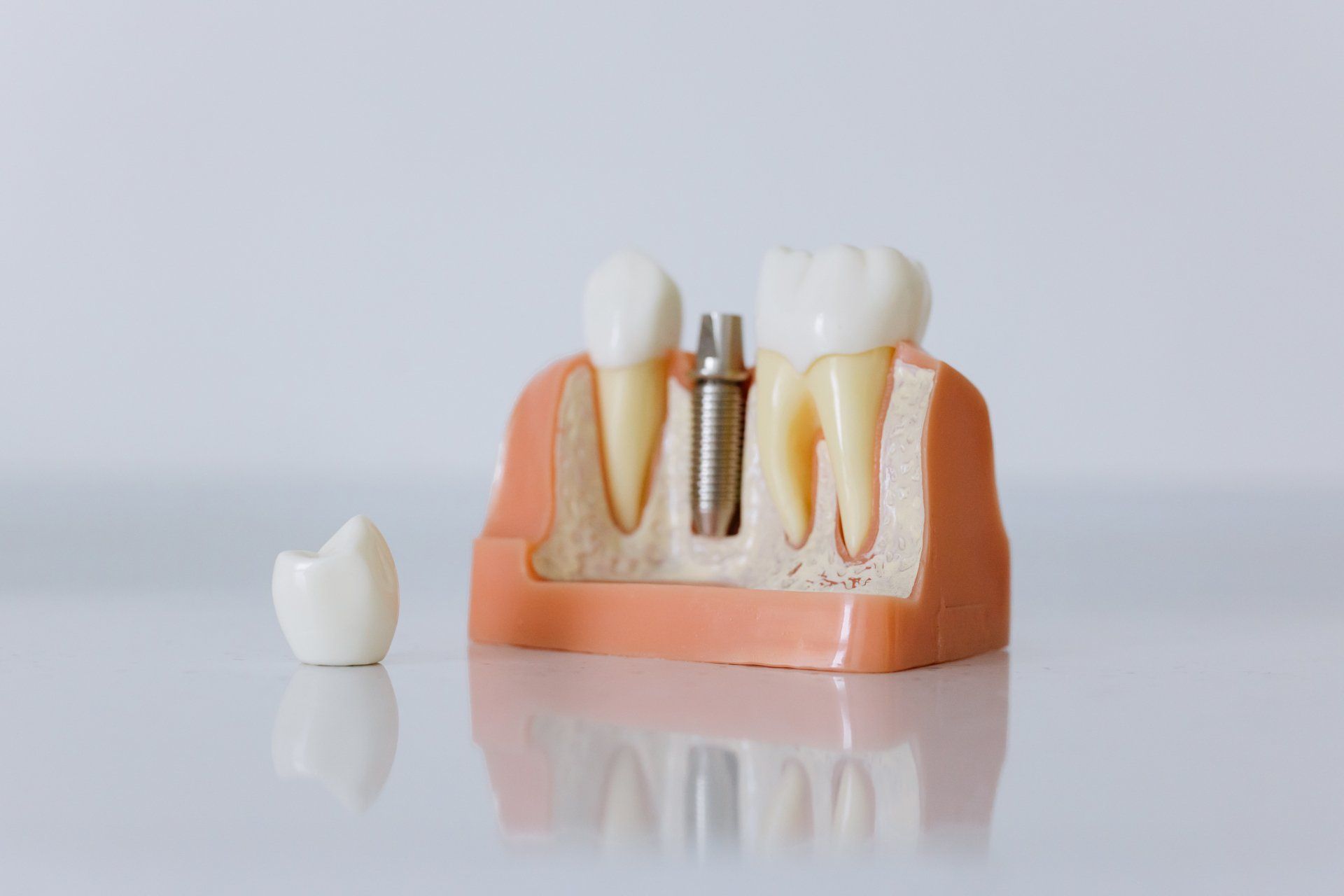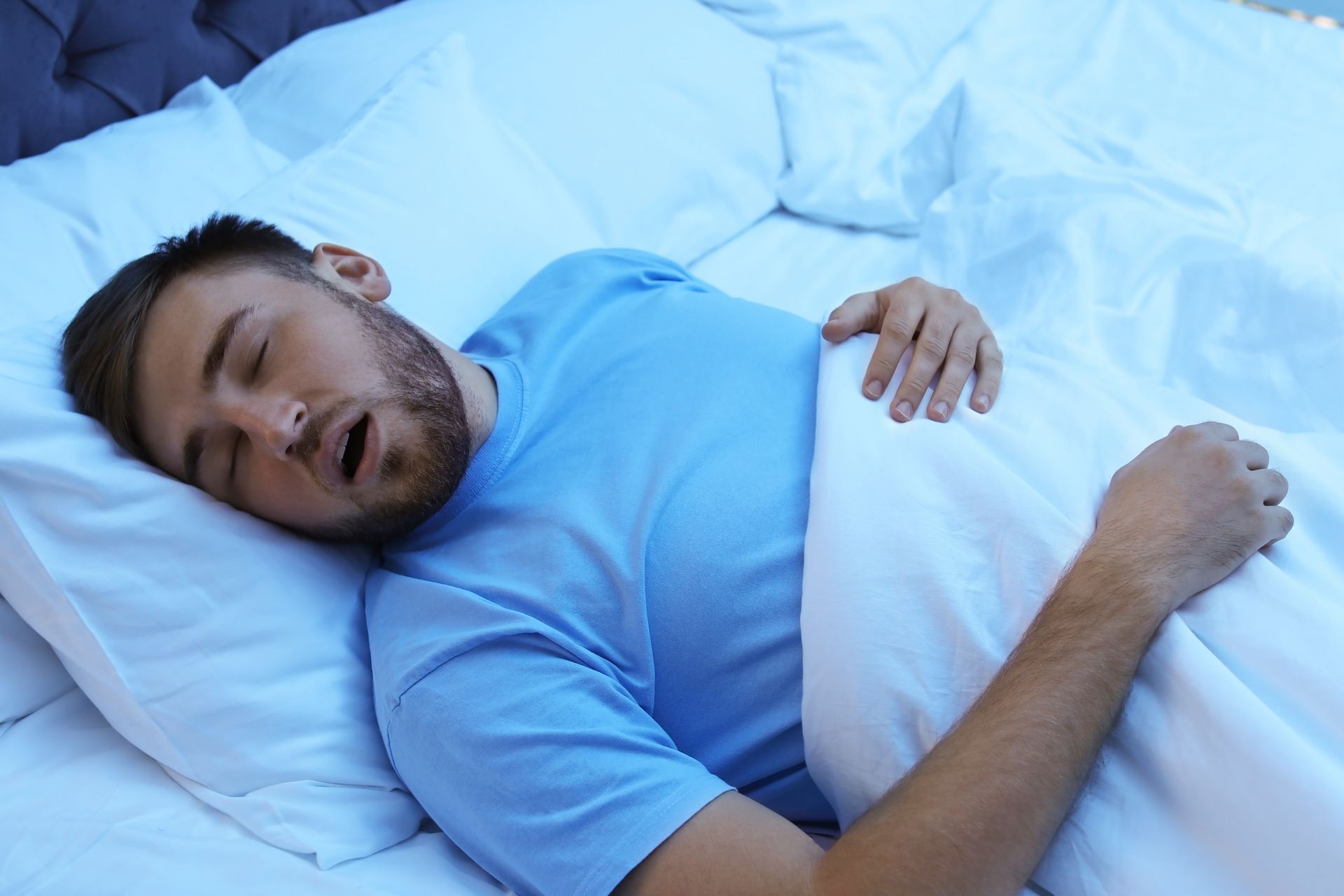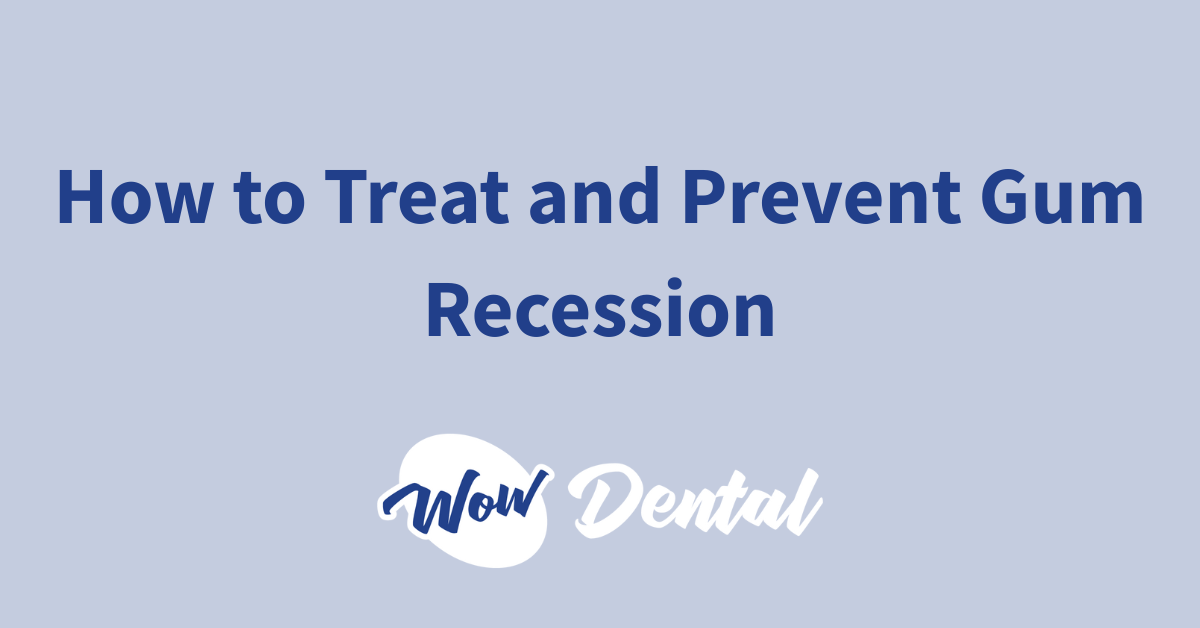Can a Deviated Septum Cause Sleep Apnea?
Sleep apnea is a common but serious sleep disorder characterized by repeated interruptions in breathing during sleep. One of the lesser-known potential causes of sleep apnea is a deviated septum. At My WOW Dental, we aim to keep our patients informed about various health conditions that can impact oral and overall health. In this blog, we'll explore the connection between a deviated septum and sleep apnea, shedding light on how this nasal condition can affect your sleep and what you can do about it.
Nature's Symphony
Understanding a Deviated Septum
The nasal septum is the cartilage and bone structure that divides your nasal cavity into two nostrils. When this septum is off-center or deviated, it can lead to breathing difficulties. This condition can be present from birth, result from an injury, or develop over time due to aging or certain medical conditions.
Symptoms of a Deviated Septum
A deviated septum can cause a range of symptoms, including:
- Nasal congestion, often more pronounced on one side
- Frequent nosebleeds
- Difficulty breathing through the nose
- Recurrent sinus infections
- Headaches
- Postnasal drip
- Facial pain
The Link Between a Deviated Septum and Sleep Apnea
Sleep apnea occurs when the airway becomes blocked or collapses during sleep, causing breathing pauses that can last from a few seconds to minutes. These interruptions disrupt sleep and can lead to serious health issues such as hypertension, heart disease, and stroke.
A deviated septum can contribute to sleep apnea in the following ways:
- Airway Obstruction: A deviated septum can obstruct the nasal passages, making it difficult to breathe through the nose. This obstruction can force individuals to breathe through their mouths, which can contribute to airway collapse during sleep.
- Increased Snoring: Obstructed nasal passages can lead to increased snoring, a common symptom of sleep apnea. Snoring occurs when airflow is restricted, causing tissues in the throat to vibrate.
- Exacerbation of Other Risk Factors: A deviated septum can worsen other risk factors for sleep apnea, such as obesity, nasal congestion, and sinus infections.
Diagnosing and Treating a Deviated Septum
If you suspect that a deviated septum is contributing to your sleep apnea, it’s essential to seek medical advice. A thorough examination by an ENT (ear, nose, and throat) specialist or a sleep medicine doctor can help diagnose the condition.
Treatment options for a deviated septum include:
- Medication: Nasal corticosteroids, antihistamines, and decongestants can help manage symptoms and reduce nasal inflammation.
- Nasal Strips: Over-the-counter nasal strips can help open nasal passages and improve airflow during sleep.
- CPAP Therapy: Continuous Positive Airway Pressure (CPAP) therapy is a common treatment for sleep apnea that uses a machine to provide a steady stream of air to keep the airway open during sleep.
- Surgery: In severe cases, a surgical procedure called septoplasty can correct the deviated septum. This surgery straightens the septum, improving airflow and potentially alleviating sleep apnea symptoms.
When Should You Seek Help for a Deviated Septum?
If you’re experiencing persistent nasal congestion, frequent snoring, or signs of sleep apnea like excessive daytime sleepiness or abrupt awakenings with gasping, it’s time to consult with a professional. At My WOW Dental, we prioritize your well-being and can guide you through understanding whether nasal issues are playing a role in your sleep disruptions.
Contact Wow Dental Today
If you’re experiencing symptoms of sleep apnea and suspect a deviated septum might be the cause, it’s crucial to consult with a healthcare professional. Early diagnosis and treatment can significantly improve your quality of sleep and overall health. At My WOW Dental, we are committed to helping our patients understand and manage conditions that affect their well-being. If you have any concerns about sleep apnea or related health issues, don’t hesitate to
reach out to our knowledgeable and friendly team for assistance.
References
- American Sleep Apnea Association
- Mayo Clinic
- National Institutes of Health














